Are you tired of your mobile apps is as cool as an unironic dad joke? Well, you need to know about APIs. No, we’re not talking about some type of fancy sandwich. We’re talking about application programming interfaces in mobile app development.
In the world of mobile app development, APIs are kind of a big deal. They can make your app faster, cheaper, and more awesome. In this blog, we’ll show you why APIs in mobile app development are like the sidekick you never knew you needed and how they can help you create a mobile app that will make your customers say “wow” instead of “meh.” So strap on your helmet, and let’s get started!
Related: Most popular types of mobile apps in 2023
What is API in mobile app development?
In simple terms, an API (Application Programming Interface) is like a messenger that enables different software applications to talk to each other. APIs are used in the development of mobile apps to make it possible for the app to talk to other services, like web apps, databases, and other software systems.
APIs help mobile app developers integrate existing systems and services into their apps and create custom functionality specific to their apps. For example, a developer may use a social media API to allow users to log in to their app using their Facebook or Twitter accounts. Using a payment gateway API to let users buy things inside the app using different payment methods is another example.
Integrations are the magic of app development. They let apps tap into other platforms and services, delivering more value to users
Arnie Gordon, CMO of Clutch
Benefits of using API in mobile app development
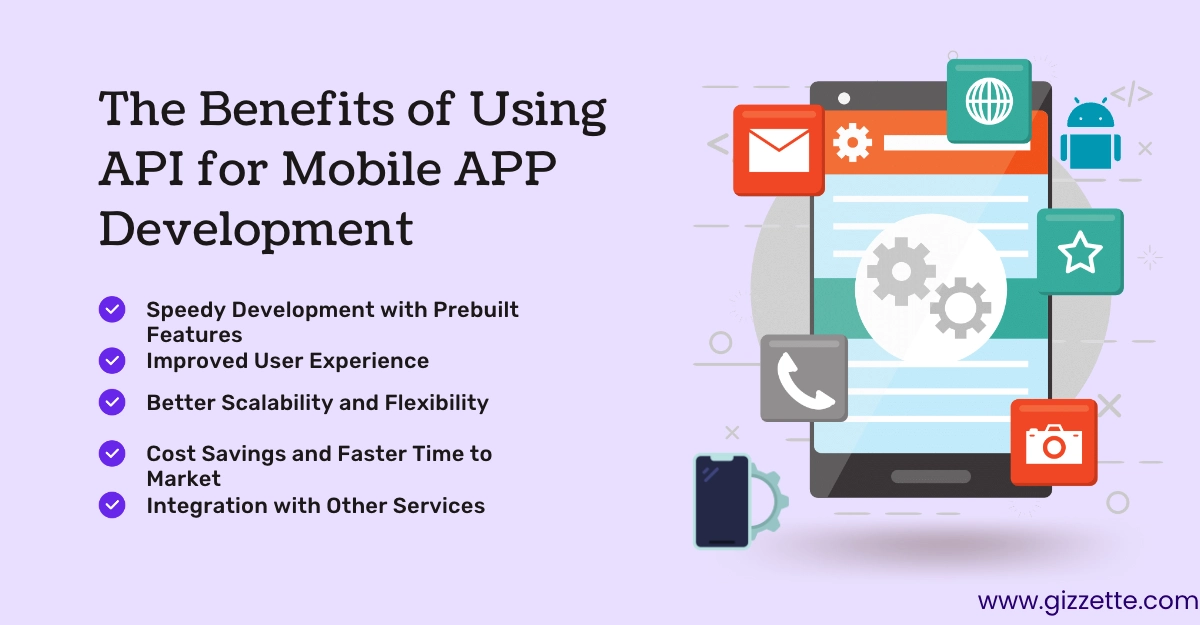
APIs can help you take your mobile app development to the next level. They have a lot of benefits, from making the user experience better to lowering development costs and speeding up the time it takes to get a product on the market. Here are some of the benefits of using APIs in mobile apps:
1-Speedy Development with Prebuilt Features
Who wants to spend countless hours building every feature from scratch? APIs can help you accelerate the development of your mobile app by providing you with pre-built features and functionalities. You can simply integrate an API with your app and voila! You have instant access to features like authentication, payment gateways, social media sharing, and much more.
2-Improved User Experience
When it comes to mobile apps, users expect a smooth and seamless experience. APIs can help you deliver just that by improving the performance and functionality of your app. With APIs, you can access data from other services and give your users a more personalized and interactive experience.
3-Better Scalability and Flexibility
As your mobile app gets more popular, you’ll want to make sure it can handle more users and more data. APIs can help you achieve this by providing better scalability and flexibility. You can easily add new features and functionalities to your app by integrating with new APIs, without having to worry about overhauling your entire app architecture.
4-Cost Savings and Faster Time to Market
Developing a mobile app from scratch can be a costly and time-consuming process. APIs can help you save money by reducing the amount of development time and resources required. This can also help you bring your app to market faster, giving you a competitive edge in the app marketplace.
5-Integration with Other Services
Mobile apps don’t exist in a vacuum. They need to talk to other services, like social media sites, payment gateways, and other apps, a lot. APIs can help you connect your app to these outside services, so you can give your users a better, more integrated experience.
Types of APIs Used in Mobile App Development
There are several types of APIs that you can use in mobile app development, including RESTful APIs, SOAP APIs, GraphQL APIs, and custom APIs.
RESTful APIs are the most popular and widely used type of API. They provide a simple, lightweight, and flexible way to access data and functionality from a web server.
SOAP APIs are another type of API that is commonly used. They are more complex than RESTful APIs, but they offer a more standardized way of exchanging data.
GraphQL APIs are a newer type of API that provides a more efficient way of querying data. They allow you to get only the data you need in the format you want, which can be a big help in optimizing your app’s performance.
Custom APIs are APIs that are built specifically for your app. They are designed to meet your specific requirements and can be a great way to add custom functionality to your app.
Best Practices for Working with APIs in Mobile App Development
When working with APIs, it’s important to follow some best practices to ensure that your app runs smoothly and securely.
1-Ensure API security
First, you should ensure API security. This means using secure protocols like HTTPS, encrypting your data, and using authentication and authorization to stop people from getting to your data without your permission.
2-Optimize API performance
Next, you should optimize API performance. This means making sure that you’re using the most efficient APIs, caching data when possible, and optimizing your app’s network usage.
3-Choose the right API for your app
When choosing an API for your app, it’s important to choose the right one. This means looking for APIs that are reliable, secure, and offer the functionality you need.
4-Document API usage
Finally, it’s important to document your API usage. This means creating clear documentation for your app’s API, including examples and best practices.
Example of successful mobile apps using APIs
Uber
First up, we have Uber. This app relies heavily on APIs to offer a seamless user experience. It uses APIs to get real-time traffic and navigation data, so you don’t have to worry about getting stuck in traffic on your way to your destination. And let’s not forget about the magic of fare and payment calculation—that’s all thanks to APIs! With APIs, Uber is able to offer an efficient and cost-effective service that has revolutionized the way we travel. So sit back, relax, and let APIs do the driving!
Airbnb
Next, we have Airbnb. This app is all about offering unique and memorable travel experiences, and APIs play a big part in making that happen. By using APIs to connect with third-party services, Airbnb can offer features like real-time translations, currency conversion, and local recommendations. With APIs, Airbnb is able to create a personalized and immersive travel experience that goes beyond just booking a place to stay. So pack your bags and get ready to explore the world with the help of APIs!
And let’s not forget about everyone’s favorite social media platform, Instagram. APIs play a crucial role in making Instagram the engaging and addictive app it is today. By using APIs to connect with services like Facebook and Twitter, Instagram can offer seamless sharing of posts and profiles across different platforms. And let’s not forget about the magical world of filters and effects—that’s all thanks to APIs! With APIs, Instagram is able to give us a visually stunning and immersive social media experience that keeps us scrolling and double-tapping for hours. So go ahead and take that perfect selfie—APIs have got your back!
These examples show us just how important APIs are in creating successful mobile apps. From transportation to travel to social media, APIs are the backbone of many of our favorite apps.
Challenges in API integration for mobile apps
Alrighty, let’s talk about the challenges that come with integrating APIs into mobile apps. Now, I know what you’re thinking: “Challenges? “That sounds like a job for superheroes!” Let’s discuss challenges as well.
Compatibility Issue
First and foremost, one of the biggest challenges with API integration is compatibility. With so many types of APIs out there, it can be tough to find one that plays well with your mobile app’s specific platform and technology stack. It’s like trying to fit a square peg into a round hole—it just doesn’t work. But with a little research and some trial and error, you’ll be able to find the perfect API match for your mobile app.
API versioning
Another challenge is security. When you’re integrating third-party APIs into your app, you’re essentially giving them access to your app’s inner workings. And let’s be real, we don’t want just anyone to have that kind of power. That’s why it’s crucial to make sure that the APIs you’re using are secure and reliable. It’s like hiring a bodyguard for your app – you want someone you can trust to keep your app safe and secure.
Dependency Management
But perhaps the biggest challenge with API integration is the ever-changing technology landscape. APIs are constantly evolving and improving, which means that you need to stay up-to-date with the latest and greatest in order to offer your users the best possible experience. It’s like trying to catch a flying bird; just when you think you’ve got it, it takes off in a new direction. But with a willingness to adapt and a keen eye for the latest trends, you’ll be able to keep up with the ever-changing world of APIs.
Future of APIs in mobile app development
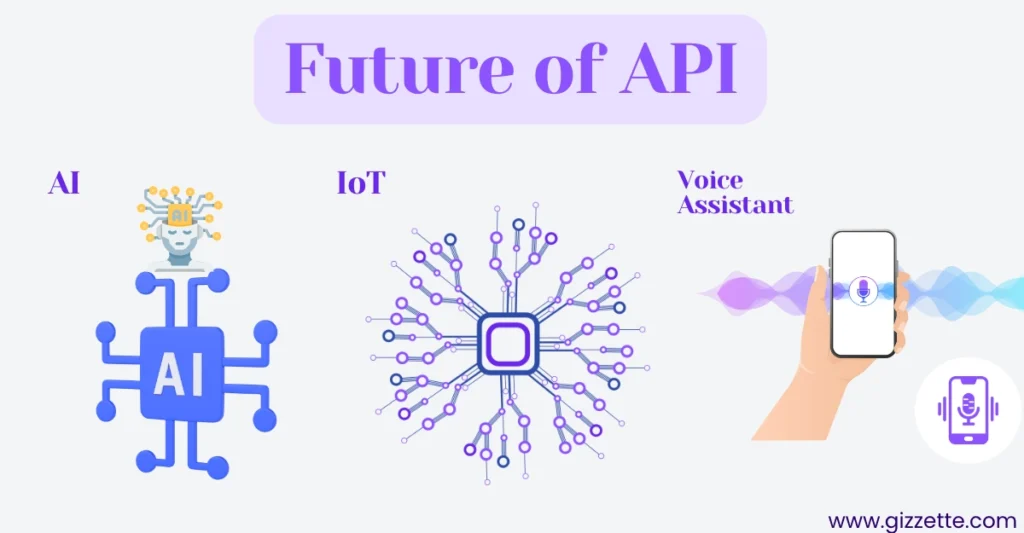
let’s talk about the future of APIs in mobile app development. You might be thinking, “the future? But I can barely keep up with the present!”. We’re all in the same boat, but we have to learn to embrace change if we want to make it.
Emerging technology and trends in API
First up, we have the rise of AI and machine learning. With these advanced technologies, APIs are going to get even smarter and more intuitive. Imagine an API that can learn from user behavior and adapt to their preferences in real time. It’s like having a personal assistant for your app—one that gets better and better the more you use it. So get ready for a world where your app is so smart, it might just outsmart you.
IoT’s rising global presence
Next, we have the ever-expanding world of IoT (that’s Internet of Things for you non-techies out there). With the help of APIs, mobile apps will be able to connect with a wider range of smart devices than ever before. From smart fridges to wearable tech to smart homes, the possibilities are endless. It’s like having an app that can control every aspect of your life—now that’s both exciting and terrifying.
Voice assistant integration
And let’s not forget about the rise of voice assistants like Alexa and Siri. With APIs, mobile apps will be able to seamlessly integrate with these popular voice-activated assistants, making it even easier for users to interact with your app. It’s like having a virtual best friend who always knows what you need before you even know it yourself.
In short, the future of APIs in mobile app development is bright and exciting. With the rise of AI, IoT, and voice assistants, the possibilities are endless.
Related: Mobile app monetization – Tips and strategies for success
Conclusion
And there you have it—everything you need to know about the role of APIs in mobile app development. From understanding what APIs are and how they work to exploring the successful mobile apps that use them, to tackling the challenges of integration and looking to the exciting future of APIs, we hope this blog has given you the insights and inspiration you need to take your mobile app to the next level.
As we’ve seen, APIs are not just a fancy tech term; they’re powerful tools that can transform your app into a seamless and user-friendly experience. By tapping into the power of APIs, you can access a wealth of functionality and services that would be nearly impossible to build from scratch. So, don’t be afraid to embrace the API world and all of its possibilities.

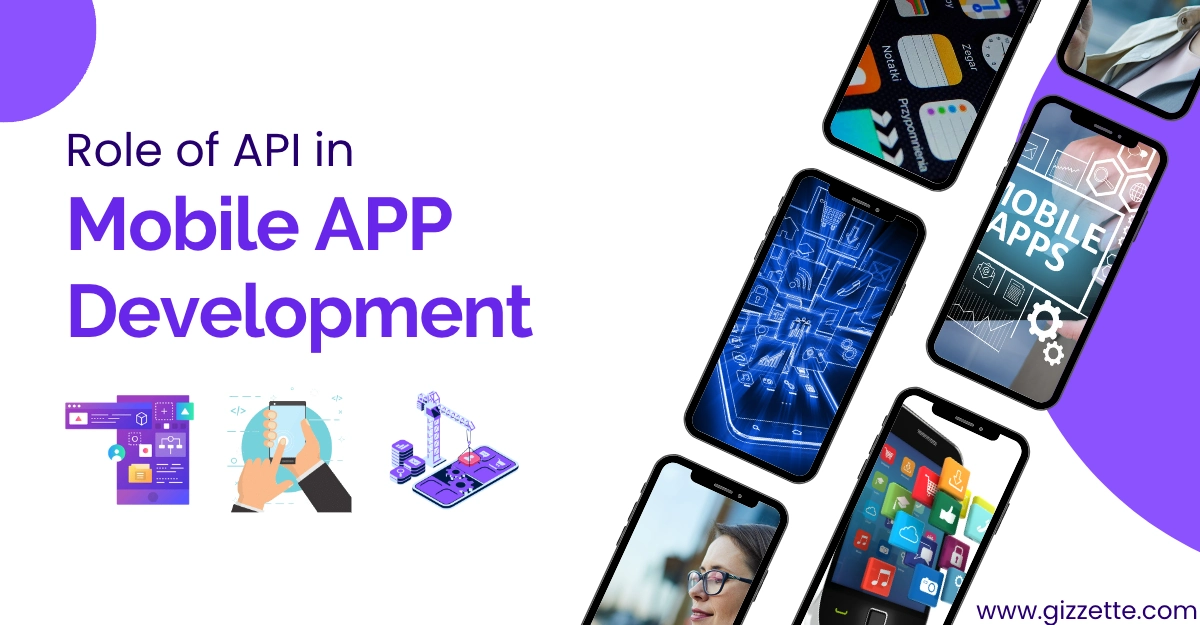
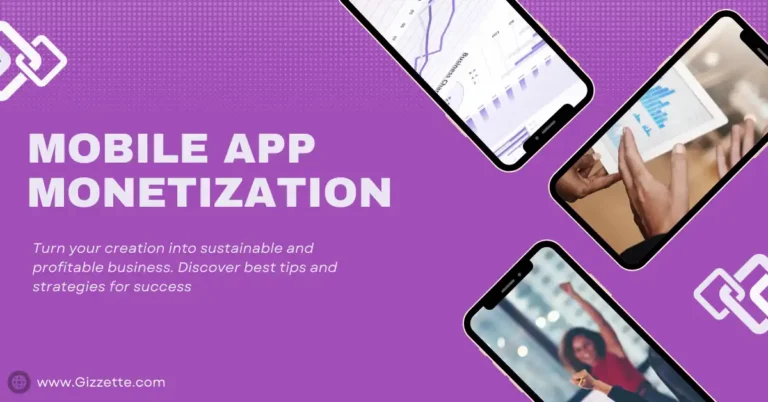
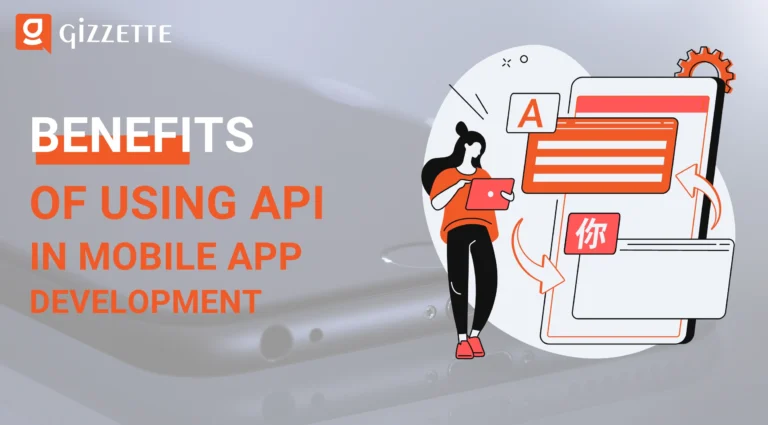


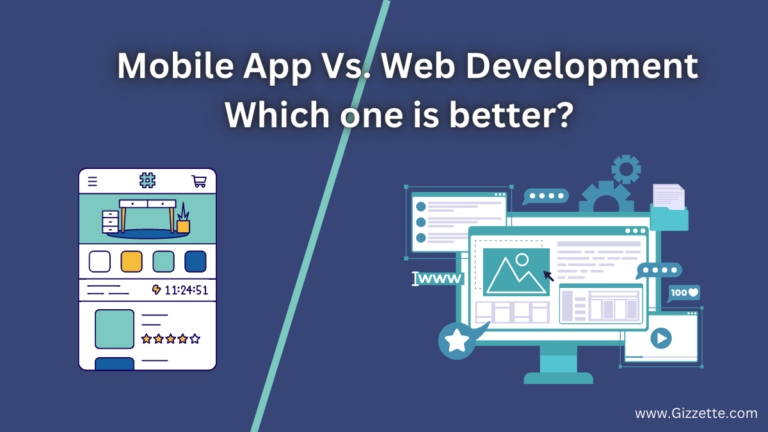
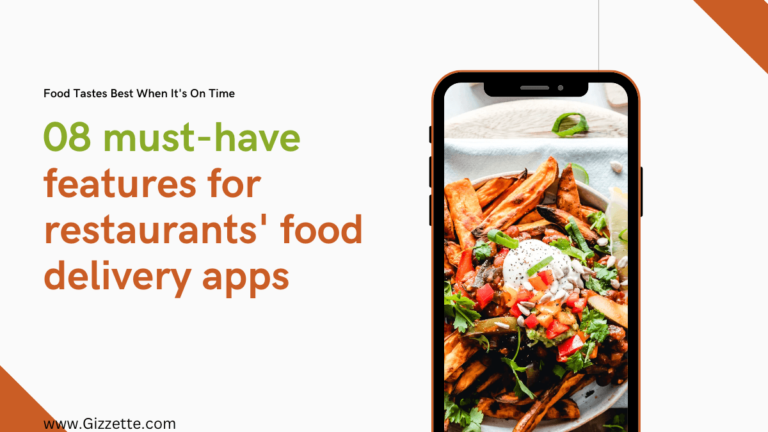

Leave a Comment